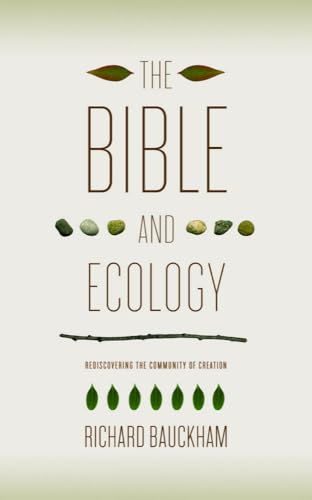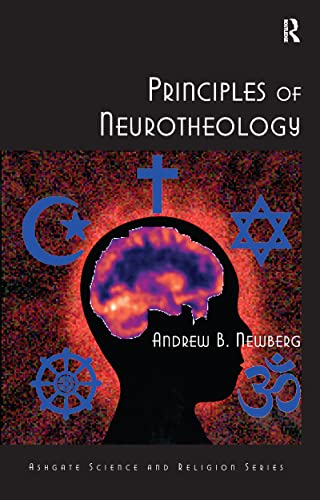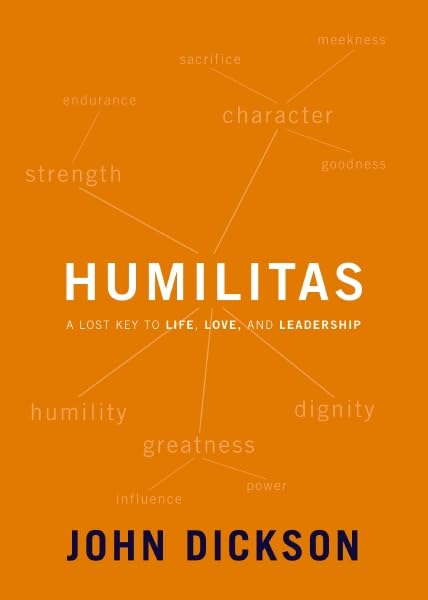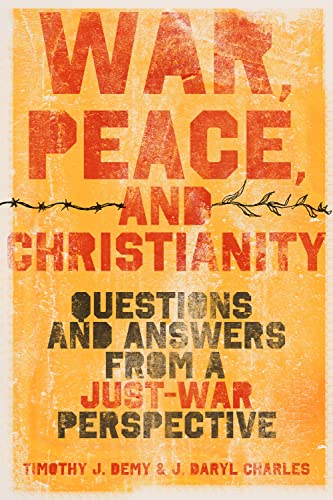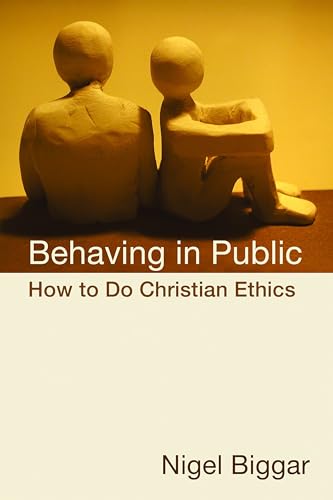The Bible and Ecology: Rediscovering the Community of Creation
Written by Richard Bauckham Reviewed By Brian C. DennertThe endemic influence of the “Green” movement necessitates careful study and clear presentation of the biblical teaching on the nature of the created world and humanity's place in it. Richard Bauckham's The Bible and Ecology: Rediscovering the Community of Creation addresses this need, as Bauckham applies his exegetical skill to ecologically significant texts and dialogues with thinkers (Christian and non-Christian) interested in ecological issues.
As indicated by the title of the lectures series from which this book derives (“Beyond Stewardship: The Bible and the Community of Creation”), Bauckham calls for a paradigm shift in the way that Christians view the created world, arguing that the stewardship paradigm commonly espoused by Christians overemphasizes Gen 1 without integrating it into the teaching of the rest of the Bible, which Bauckham claims depicts an interconnectedness among all creatures and creation. Chapter 1 introduces this paradigm shift by highlighting problems with the stewardship model and examining Gen 1:26 and 1:28 in its context within Gen 1 as well as within the rest of the Pentateuch. Chapter 2 then discusses Job 38-40 and notes that its description of creation beyond human understanding should evoke humility and joy in creation.
Bauckham's new paradigm is on full display in chapter 3, where he examines Ps 104, Matt 6:25-33, Ps 148, and various Prophetic texts to show humans as “fellow-members with God's other creatures” that “participate in an interrelated and interdependent community, orientated above all to God our common Creator” (p. 64). In describing humanity within this theocentric community of creation, Bauckham corrects common misunderstandings on both sides of the spectrum: while humans are not masters of this creation, they are exceptional and have an important role; creation should be seen as sacred rather than as either divine or an object that exists solely for human use. Chapter 4 argues that the Bible describes the division of creation into cultivated and wild regions as a result of the Fall because Eden was both an orchard and a garden and images of redemption are pictures of “ecotopia” in which humans and wild animals live together in harmony. In a digression, Bauckham also highlights the difference between wild and domestic animals, noting that such a division occurs in Gen 1 and therefore seems ontological.
The fifth and final chapter finally turns to an extended discussion of NT teachings, labeling the metanarrative that the NT describes as “a christological eco-narrative” (p. 151). Colossians 1:15-20, John 1, Jesus' message and actions about the kingdom of God, Phil 2:6-11, and Revelation show that the key to understanding the created world is the crucified and risen Christ, who brings reconciliation with all of God's creation in the new creation. The book also features an extensive and useful bibliography (pp. 204-13).
The Bible and Ecology should prove to be of tremendous value for evangelical Christians interested in creation care from a biblical perspective, as Bauckham brings thoughtful exegesis of the Bible as an authoritative text to a field often riddled with shallow exegesis and low regard for biblical authority. While Bauckham concentrates on biblical teaching rather than contemporary concerns, the work does not remain purely theoretical since he sprinkles practical insights and implications throughout the book. Bauckham also repeatedly illustrates how the biblical teaching on the created world coheres with scientific and ecological insights, particularly the great interdependence of humans, animals, and non-animate beings, revealing awareness of research and writings outside of the field of biblical studies. No doubt some evangelical readers will have problems with his interpretation of some texts (e.g., his claim that Rom 8:19-23 draws upon the image of creation mourning in the prophets rather than Gen 3 [pp. 92-101]) as well as his appropriation of science (e.g., he wholeheartedly accepts climate change) and views on Gen 1-2, but these concerns should not detract from Bauckham's central claim and achievement: reconfiguring how humans view the created world by seeing themselves as part of it rather than above, over, or outside of it. While in one sense challenging the common stewardship model, in another sense Bauckham helps to nuance it and give it content, analyzing over what and for what purpose humans are “stewards.” The use of endnotes makes the text readable while also giving to those interested in further research on the topic access to important sources. I found this to be a great resource in teaching a Sunday School class on Christianity and the environment and recommend it to pastors and interested laypeople.
Brian C. Dennert
Brian C. Dennert
Faith Church
Dyer, Indiana, USA
Other Articles in this Issue
Evaluating a new English translation of the Bible can be extremely difficult...
In the November 2009 edition of Themelios, Dane C...
Jonathan Edwards (1703-1758) is remembered today as a saint, scholar, preacher, pastor, metaphysician, revival leader, theologian, Calvinist—the list goes on...
Almost two decades ago I wrote an essay titled " When Is Spirituality Spiritual? Reflections on Some Problems of Definition ...
He was the youngest son of elderly parents. His childhood was secluded and unhappy, which might in some measure account for his lifelong melancholy...


